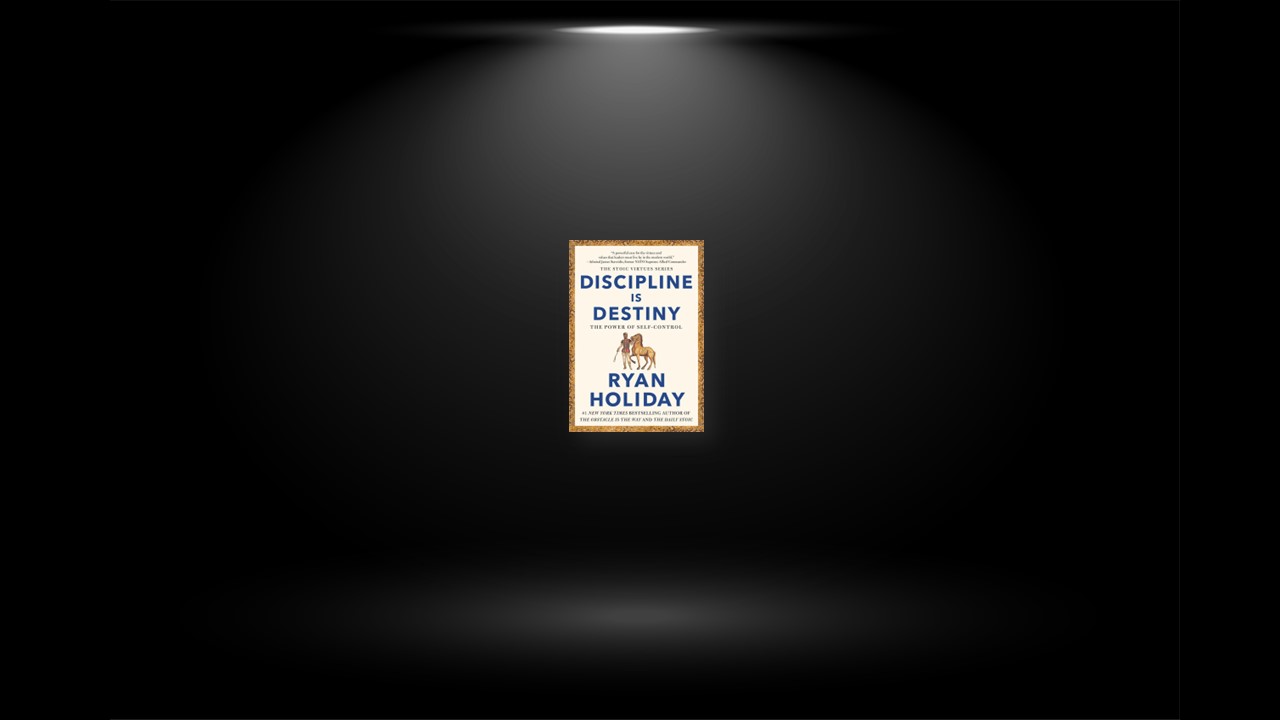Quit Being a Slave
Slavery, we have to remember, was a deeply inefficient and inferior economic system, on top of its misery and cruelty. Why would you choose to be one?! Especially to something that increasingly feels less good to do?
Here is an illuminating test: If it was invented today, would you start it? If alcohol was introduced to you now, for the first time, with all its determinants and risks known, would you still take a drink? Knowing how much time you spend on it now, would you still download that app if it launched today? If you knew the promotion and the success would leave you divorced and unhappy despite your riches, would you still have set out for it all those years ago? But just because you started, doesn’t mean you have to continue. The fact that you didn’t know then doesn’t change the fact that you’re choosing it now.
Everyone has coping mechanisms, things that take the edge off . . . but soon enough, in enough quantities, they end up dulling our edge altogether.
Just Show Up
Show up and try. Get on the treadmill. Pick up the violin. Answer some emails. Script out some scenes. Reach out to some clients. Read some reports. Lift a couple weights. Jog one mile. Cross one thing off the to-do list. Chase down a lead.
It doesn’t matter what it is; all aspects of our life benefit from this circumscribed kind of discipline. “Just as long as you do something every day, that is the important thing,” Arnold Schwarzenegger said to people trying to stay in shape and productive during the endless blur of the pandemic.
Show up . . .. . . when you’re tired. . . when you don’t have to. . . even if you have an excuse. . . even if you’re busy. . . even if you won’t get recognized for it. . . even if it’s been kicking your ass lately.
Once something is done, you can build on it. Once you get started, momentum can grow. When you show up, you can get lucky. Is this still hard? Yes. But the good news is that because it’s hard, most people don’t do it.
Practice . . . Then Practice More
We don’t rise to the occasion, we fall to the level of our training.
The samurai Musashi was once challenged by a warrior named Miyake Gunbei, a man who thought himself one of the best in the world. On his third attack, frustrated by his lack of success, Gunbei charged at Musashi in an aggressive lunge. Musashi, having prepared for this exact scenario countless times, replied, “That is not what you should do,” then parried the blow with one sword and watched as the man gashed his own cheek against Musashi’s other sword. How had he known?
Practice.
Cho tan seki ren was Musashi’s phrase. Training from morning to night. Oh, you’ve done that? Okay. Do it some more. And after that? More. More. More.
“A thousand days of training to develop,” Musashi would write, “ten thousand days of training to polish.” For a samurai, there was no such thing as pretty good. If a pretty good swordsman met a better fighter . . . he would die. It’s like the basketball Hall of Famer Bill Bradley’s observation: When you are not practicing, refining, working—somewhere, someone else is . . . and when you meet them, they will beat you. Or kill you.
Look at Everything Like This
We know that between every stimulus and its response, every piece of information and our decision, there is space. It is a brief space, to be sure, but one with room enough to insert our philosophy. Will we use it? Use it to think, use it to examine, use it to wait for more information? Or will we give into first impressions, to harmful instincts, and old patterns?
The pause is everything. The one before . . . . . . jumping to conclusions . . . prejudging . . . assuming the worst . . . rushing to solve your children’s problems for them (or put them back to sleep) . . . forcing a problem into some kind of box . . . assigning blame . . . taking offense . . . turning away in fear.
We pause. We gather ourselves. We put it up to the light. We ask: Is this true? Is it actually as upsetting as it feels? As scary or annoying as I first thought?
Don’t let fear or anxiety or prejudice decide. Don’t let your temper decide. Let your temperament take over. Or rather, let the temperament you’re striving to have, that you know your position demands you have, do its work.
Whether we’re talking about a post on social media or a costly mistake at work, an obvious lie someone tried to deceive us with, an insubordinate employee, a difficult obstacle, a casual insensitivity, or a complex problem, everything must be met with a measured and mellow eye.
Keep the Main Thing the Main Thing
In tech, they speak of “feature creep”—when a founder or a project manager isn’t disciplined enough to protect the core concept of an idea and allows too much to be jammed in it. Trying to please everyone, they end up pleasing no one. To try to do everything is to ensure you’ll achieve nothing.
This weaker part of ourselves that cannot say no to requests for our time, that tries to go along with everyone, perhaps deep down wants that same excuse—if we agree to their thing, then we don’t have to answer for the poor performance of our thing when it’s time for a full accounting. It allows us to say, “Well, if only I weren’t so busy . . .”
Say no. Own it. Be polite when you can, but own it. Because it’s your life. And because it is your power. By seizing it, you become powerful. More powerful in fact, than some of the most powerful people in the world who happen to be slaves to their calendars and ambitions and appetites. The conquerors who rule over enormous empires but are slaves to solicitations. The billionaires who fear missing out. The leaders always chasing the shiny new thing. Who cares if you have achieved extraordinary things but are punished for it by having even less freedom day to day?
It feels like you’re free because you’re choosing , but if the answer is always yes, that’s not much of a choice.
Can You Get Back Up?
Losing is not always up to us . . . but being a loser is. Being a quitter is. Saying, “Ah, what the hell, does it even matter?” That’s on us. Throwing in the towel on a fight we’ve clearly lost is one thing, throwing in the towel on fighting, on your standards, from that point forward? Now you’ve been more than beaten, you’ve been defeated.
We are all going to screw up. We’re going to relapse—on the diet, on the bad habit, whatever. We’re going to blow it in public—not hustling like we should, giving in to temptation or a fit of passion, perhaps even having a moment of cowardice. We are going to lose. Nobody stays undefeated for long in this life.
And then what? Can we gather ourselves back up? Can we regroup and try again? It’s wonderfully fitting that in both the Zen tradition and the Bible we have a version of the proverb about falling down seven times and getting up eight
The great home run hitter Sadaharu Oh used to say that for an athlete, losing just meant the opportunity come back tomorrow and try to do better. The same was true for winning too.
That’s what being a pro is about: treating winning or losing as a chance to get right back to it. To come back to your groove and stay in it—because that’s where you’re happiest, most in control, most connected.
The Power of Giving Power Away
One of the brilliant innovations of the American founders was the separation of powers. They understood that concentrated power was dangerous and that leadership was a burden best widely distributed.
themselves and to the organization. The person who needs this, who cannot bear to be anything but in charge, they are not great, even if they achieve great things. They are an addict! They do not have power, power has them. These are never the leaders whose organizations achieve sustained success or reach their potential because they are incapable of planning for their succession, they are incapable of empowering others, they are incapable of doing anything that diminishes their own significance.
Plato said that the best leaders didn’t want power. In truth, it’s that they didn’t need it. Because they have conquered their appetites and their ego, they are stronger, more independent, less corruptible, calmer, kinder, more focused on what matters.
After the war, Churchill was offered a dukedom by Queen Elizabeth. He was so moved and honored that he nearly broke down in tears. Then he caught himself and politely declined. “I remembered that I must die as I have always been,” he said, “Winston Churchill.”
What matters isn’t the title. It isn’t the power. It isn’t the wealth. It isn’t the control.
That greatness isn’t what you have. It’s who you choose to become. Or who you choose to remain.
Flexibility Is Strength
Tom Brady’s unrelenting desire to improve is what made him the greatest quarterback of all time. But another asset contributed to his remarkable longevity, allowing him to add multiple championships to his haul, well into his forties. His commitment and hard work made him great early. But what allowed him to sustain his body is his pliability. Other players worked on getting stronger and bigger . . . Brady on flexibility. He’s limber. He’s light. But this pliability is figurative too. He doesn’t force things to be a certain way—he adjusts, always, to how the game is changing, to new rules, to new receivers, and to a new team in a new city with a new generation of athletes.
Plenty of people have been buried in coffins of their own making. Before their time too. Because they couldn’t understand that “the way they’d always done things” wasn’t working anymore. Or that “the way they were raised” wasn’t acceptable anymore. Self-control is not a life sentence. It is a way of living.
Flexibility doesn’t mean we throw out what’s important, but it does mean understanding how to live and let live, how to rest comfortably in our traditions while allowing new and improved ones to be created. It also means, as the world changes and our position within it changes, adjusting, finding a way to be true to our principles that doesn’t condemn us to bitterness or needless failure or being on the outside of things.
Rigidity is fragility. Formlessness is unbreakable. We can choose one or the other.


